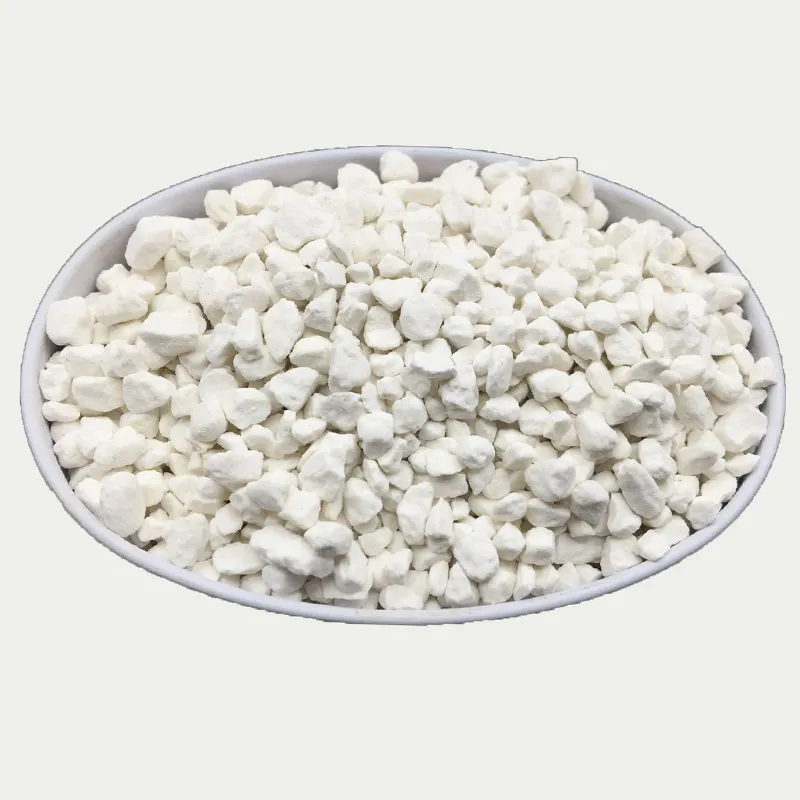
Nov . 28, 2024 16:59 Back to list
Potash Fertilizers: Enhancing Agricultural Productivity
In the realm of agriculture, choosing the right fertilizers is crucial for ensuring healthy crops and bountiful harvests. Let's explore the different types of potash fertilizers that can make a significant impact on farming.

Bulk Potash Fertilizer - Economical and Efficient
Bulk potash fertilizer is a popular choice among farmers looking for cost-effective solutions. Buying in bulk allows for a larger supply at a potentially lower cost per unit.
This type of fertilizer is often used in large-scale farming operations where the demand for nutrients is high. It provides a consistent source of potassium, which is essential for plant growth and development. For example, in potato farming, bulk potash fertilizer can help increase yield and improve the quality of the tubers.
Potash Agriculture Fertilizer - Tailored for Farming Needs
Potash agriculture fertilizer is specifically formulated to meet the unique requirements of agricultural crops. It contains the right balance of potassium and other essential nutrients to support optimal growth.
This fertilizer is designed to enhance soil fertility and improve the resilience of plants. Whether it's for cereals, fruits, or vegetables, potash agriculture fertilizer plays a vital role in ensuring healthy and productive crops. For instance, in apple orchards, it can help improve fruit size, color, and taste.
High Potash Fertilizer - Boosting Plant Performance
High potash fertilizer is ideal for crops that have a high demand for potassium. It provides an extra dose of this essential nutrient to promote stronger growth and better resistance to stress.
For example, banana plants require a significant amount of potassium for proper growth and development. High potash fertilizer can help these plants produce larger bunches and better-quality fruits. It also helps in enhancing the plant's ability to withstand diseases and adverse weather conditions.
Alternative Potash Fertilizer - Sustainable Choices
As the world becomes more conscious of environmental sustainability, alternative potash fertilizers are gaining popularity. These fertilizers are derived from natural sources and offer a greener alternative to traditional potash fertilizers.
For instance, some alternative potash fertilizers are made from seaweed extracts or composted materials. They not only provide potassium but also contribute to improving soil structure and promoting beneficial microbial activity. This can lead to healthier soils and more sustainable farming practices in the long run.
In conclusion, potash fertilizers in the forms of bulk potash fertilizer, potash agriculture fertilizer, high potash fertilizer, and alternative potash fertilizer offer a range of benefits for agricultural productivity. Whether it's for cost savings, tailored nutrition, enhanced performance, or sustainable farming, there is a potash fertilizer to meet every farmer's needs. By choosing the right type of potash fertilizer and using it judiciously, farmers can ensure the health and success of their crops while also contributing to a more sustainable future.
-
Plant Growth with Balanced NPKS Fertilizers
NewsJul.21,2025
-
Maximize Plant Growth with Nitrogen Fertilizer
NewsJul.21,2025
-
High Quality Single Super Phosphate
NewsJul.21,2025
-
High Grade Triple Super Phosphate
NewsJul.21,2025
-
Enhance Root with Triple Superphosphate
NewsJul.21,2025
-
Advanced Liquid NPK Fertilizers
NewsJul.21,2025
